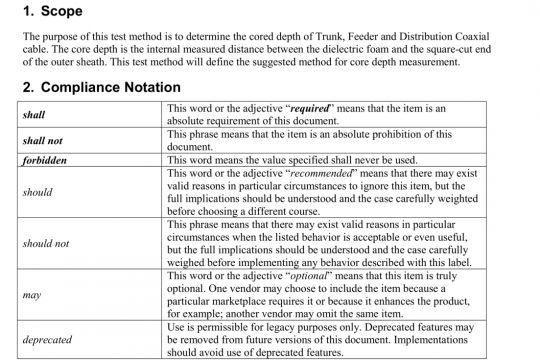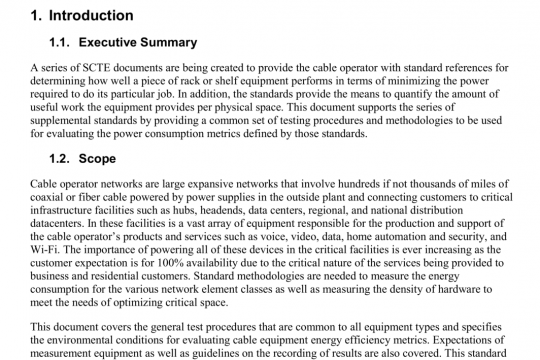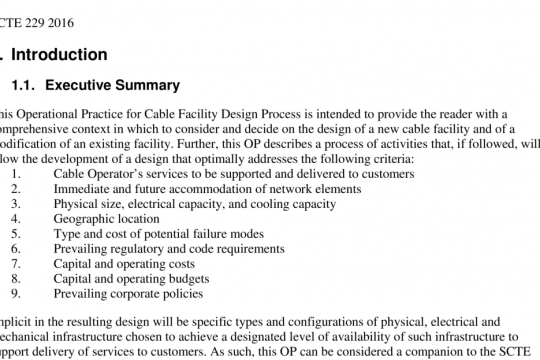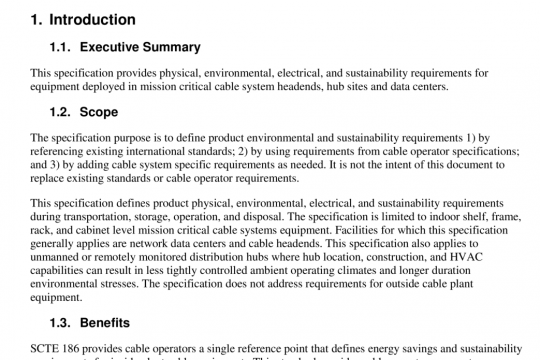NSF ANSI 358-3 pdf free download
NSF ANSI 358-3 pdf free download.Cross-linked polyethylene (PEX) pipe and fittings for water-based ground-source (geothermal) heat pump systems.
3.4 fitting: A piping component used to join, terminate, or provide changes of direction in a piping system.
3.5 ground-source heat pump system: A terminology used to describe a variety of mechanical systems that use the ground, groundwater, or surface water as a heat source or heat sink. Systems can be further described as ground-coupled, groundwater and surface water heat pump systems.
3.6 hydrostatic design basis (HDB): One of a series of established stress values specified in ASTM
D28373 for a plastic compound, obtained by categorizing the long-term hydrostatic strength determined in
accordance with ASTM D2837.
3.7 hydrostatic design stress (HDS): The estimated maximum tensile stress a material is capable of withstanding continuously with a high degree of certainty that failure of the pipe will not occur. This stress is circumferential when internal hydrostatic water pressure is applied.
3.8 joint: The location at which two pieces of pipe or a pipe and a fitting are connected together. Various joint types not defined in this Standard shall be defined by ASTM F412.3
3.9 mechanical joint: A connection between two pieces of pipe or a pipe and a fitting using a physical device to establish a seal or alignment.
3.10 plastic pipe: A hollow cylinder of plastic, in which the wall thicknesses are usually small when compared to the diameter, and in which the inside and outside walls are essentially concentric.
3.11 plastic: A material that contains as an essential ingredient one or more organic polymeric substances of large molecular weight, is solid in its finished state, and, at some stage in its manufacture or processing into finished articles, can be shaped by flow.
3.12 pressure rating: The estimated maximum water pressure at a specified temperature that a pipe is capable of withstanding continuously with a high degree of certainty that failure of the pipe will not occur.
3.13 quality assurance: A formal system for verifying that products conform to specific standards. Quality assurance is intended as an audit of quality control testing.
3.14 quality control: The methods used to ensure that a production process yields products in conformance with the appropriate specifications established by the quality assurance program.
3.15 steady-state: An operational condition of the manufacturing process that does not change with time.
3.16 thermoplastic: noun — A plastic that can be repeatedly softened by heating and hardened by cooling through a temperature range characteristic of plastic, and in the softened state, can be shaped by flow through molding or extrusion. adjective — Capable of being repeatedly softened by heating and hardened by cooling through a temperature range characteristic of the plastic, and able in the softened state to be shaped by flow into articles by molding or extrusion.
4 Material Requirements
4.1 Plastic Materials
Materials for cross-linked polyethylene pipe shall be produced from high density polyethylene meeting the material requirements of ASTM F8763.
4.2 Long-term strength of plastic pipe
Materials for use in plastic pipe shall comply with long-term strength compliance in 4.3. Listing in PPI Technical Report Number 4 (TR-4) is acceptable evidence of hydrostatic design stress compliance.
4.3 Hydrostatic design
The minimum hydrostatic design basis of polyethylene material shall be determined in accordance with ASTM D2837 and PPI Technical Report Number 3 (TR-3) for the temperature in Table 4.1. The hydrostatic design stress for the temperature in Table 4.1 shall be determined in accordance with ASTM F876 for the temperature in Table 4.1.NSF ANSI 358-3 pdf download.




